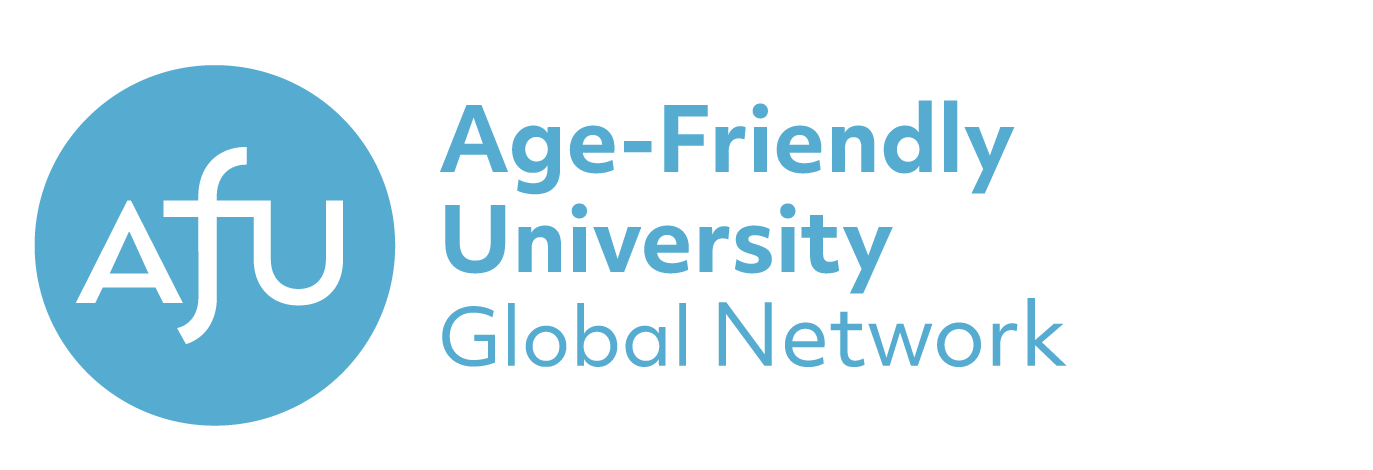Statement on Age and Older Age
The Secretariat of the Age-Friendly University Global Network is often contacted to inquire at what age the Global Network considers ‘old age’ to start, which age should be used for reporting activities to apply to join the network or renew activities, or how we define older age. The Ten Principles of An Age-Friendly University encourages engagement across the life course, particularly emphasizing intergenerational connections.
Statement on Older Age
The Age-Friendly University Global Network has embraced a synthesis of the definitions of aging provided by the World Health Organization and the United Nations, as follows:
“The concept of “old age” is multidimensional, which includes chronological (based on a birthdate), biological (related to human body ability), psychological (concerned with psycho-emotional functioning), and social age (related to social roles).”
We encourage the designation of a specific age “to refer to older persons while recognizing the diversity of older persons in terms of their needs, capabilities, lifestyles, experiences, and preferences that are shaped by their age, gender, health, income, education, ethnicity, and other factors.”
The Age-Friendly University Global Network acknowledges the diverse manifestations of older age globally, recognizing the potential for variations even within national borders. We support fostering intergenerational connections to highlight the significance and value of growing older. Consequently, we emphasize raising awareness of aging and changing its narrative as it impacts societies across the lifespan.
Ageing, Older Persons and the 2030 Agenda for Sustainable Development, 2023; Adopted February 25, 2024



